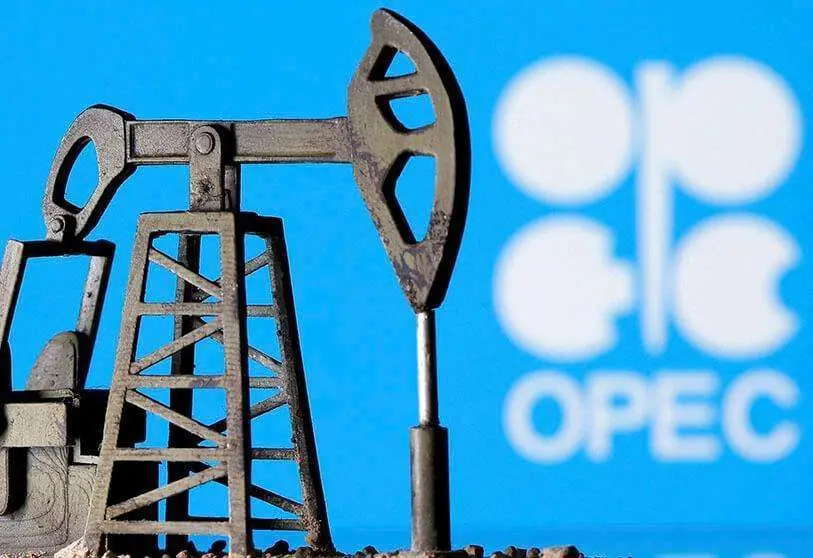The price of oil has fallen by more than 3% in the United States and Europe, extending the losses of the previous week due to the rise in cases of coronavirus. This is due to the resumption of activities in Libya and raises concerns about oil demand.
The international benchmark Brent lost $1.31, or 3.1%, at $40.46 a barrel, while the West Texas Intermediate in the United States (WTI) also lost $1.29, or 3.2%, at $38.56 a barrel. This drop is in addition to last week's drop, when the Brent dropped 2.7% and the WTI delivered 2.5%.
The United States reported its highest number of new coronavirus infections to date in two days to Saturday, while new cases in France hit a record of over 50,000 on Sunday, underlining the seriousness of the outbreak.
On the supply side, the Libyan National Petroleum Corporation on Friday forcibly stopped exports from two key ports and said production would reach one million barrels per day (bpd) in four weeks, a faster increase than analysts had forecast.
"The new barrels of Libyan oil come at a time when the oil market has just faced disappointment from the recently concluded OPEC+ ministerial panel, where the organisation made no new proposals," said Avtar Sandu of Phillip Futures, senior commodity manager at Phillip Futures in Singapore.
OPEC+, a producer group that includes the Organisation of Petroleum Exporting Countries (OPEC) and Russia, plans to increase its pumping by two million bpd in January 2021, after cutting production by a record amount earlier in the year.
Russian President Vladimir Putin indicated last week that he could agree to extend the OPEC+ pumping cuts.

The OPEC and its allies recognised on Monday that the recovery of oil demand is slower than initially expected owing to the effect of the pandemic.
"The virus has caused enormous damage to many sectors of the economy, including the oil industry. We see how difficult the recovery of demand is, now the process has slowed down," explained Russia's energy minister, Alexandr Novak, at an online meeting.
Novak participated with his Saudi counterpart, Abdulaziz bin Salman, and the current president of OPEC, Algerian minister Abdelmadjid Attar, among others, in a meeting to evaluate the situation of the oil market.
The ministers agreed on the "uncertainty" surrounding the world economy due to the pandemic and the "fragility" of the market situation.
Because of this, the Saudi minister, leader of OPEC as its largest producer, called for close monitoring of developments and for being prepared to act in the event of any change in the situation.
"We have to anticipate events," summed up Bin Salman, whose country and Russia are the two largest crude oil exporters on the planet.
The OPEC and its allies, known as OPEC+, are currently implementing a production cut of 7.7 million barrels per day (mbd) and the plan is for this reduction to be 5.7 mbd as of January.
Between May and July the oil group cut 9.7 mbd-equivalent to 10 percent of world production of "black gold"-and with its plan to close the spigots it has led to a recovery in the price of a barrel of crude oil, which now stands at over $40.
Various analysts have warned that the current level of demand does not allow the taps to be opened any further and that the OPEC+ should delay its intention to reduce the cut to 5.7 mbd.
The effect of the second wave of the COVID in some developed economies has put downward pressure on the price of crude oil in recent days.
The group of producer countries is scheduled to meet in Vienna on 30 November and 1 December to assess the situation and decide what to do.









